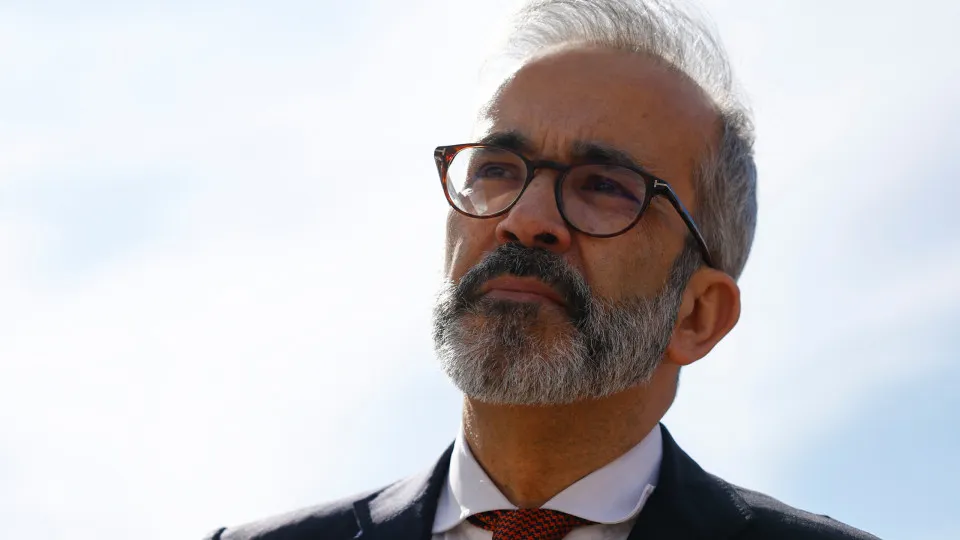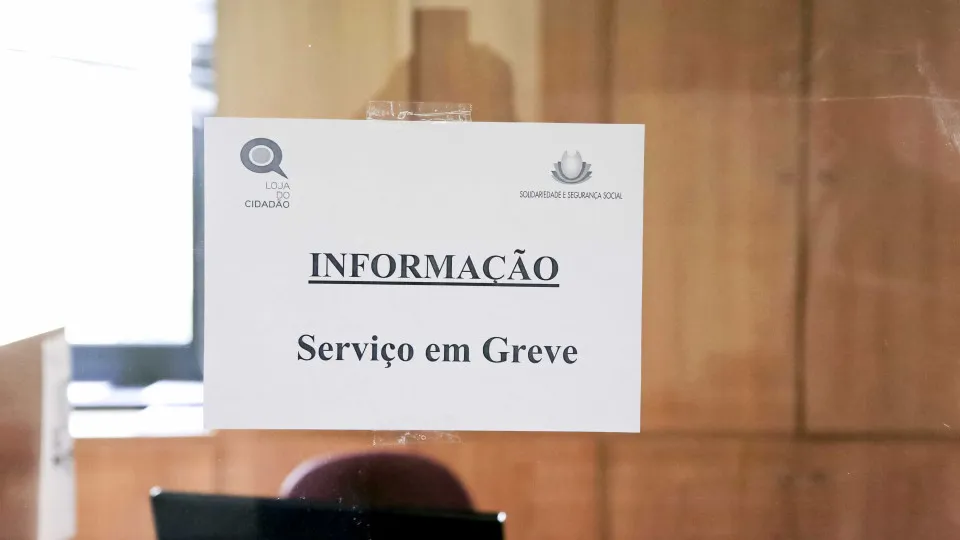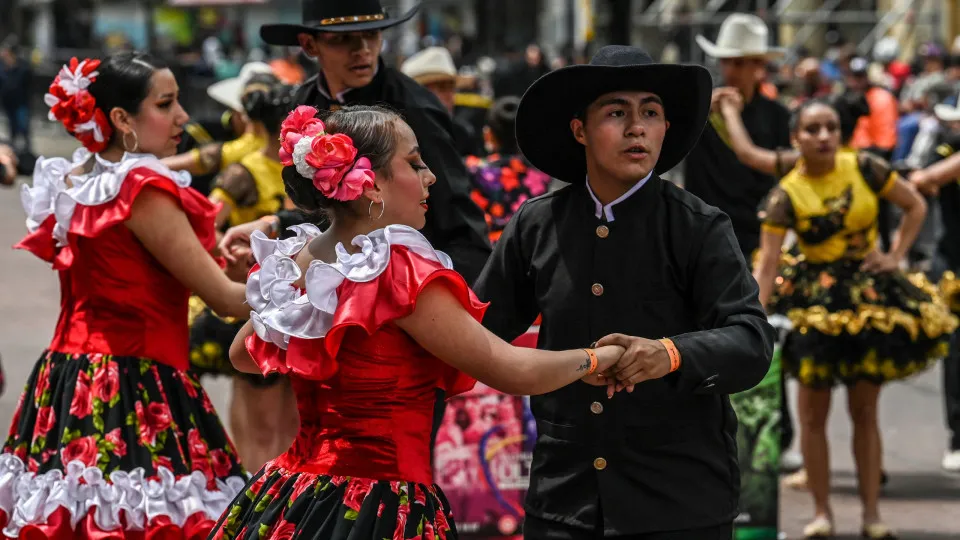
On September 10, the judges of the Porto Court of Appeal acquitted Pedro Arroja of aggravated defamation, as per a Supreme Court ruling mandating a review of the TRP decision.
The court also dismissed the civil compensation claims by Paulo Rangel and the law firm Cuatrecasas against Pedro Arroja, according to the court document accessed.
Judges Isabel Matos Namora, William Themudo Gilman, and Maria Dolores da Silva e Sousa also ordered the Portuguese State to compensate Pedro Arroja with 31,818.04 euros for property damages, plus accrued interest.
In March 2024, the European Court of Human Rights (ECHR) ordered Portugal to pay Pedro Arroja 10,000 euros for violation of freedom of expression, concerning the economist’s conviction for defaming Paulo Rangel.
This ECHR decision led to the reopening and complete overturn of a Porto Court of Appeal ruling that in March 2019 had heightened the sentence from the Matosinhos Court by mandating a 10,000-euro payment to Rangel for defamation.
Earlier this year, the Supreme Court ordered the Porto Court to review the earlier verdict.
The case stemmed from comments Pedro Arroja made on May 25, 2015, on Porto Canal concerning a legal work about the future pediatric wing of the São João Hospital in Porto. These comments led the initial court in 2018 to convict him of offenses against the Cuatrecasas firm connected to Paulo Rangel, imposing a 4,000-euro fine and a 5,000-euro compensation, but exonerating him of aggravated defamation against Rangel.
Upon appeal, the TRP ruled that the defendant should also be penalized for aggravated defamation against the now Foreign Minister, imposing a 5,000-euro fine.
In legal cumulation, the TRP set a total fine of 7,000 euros for the economist, maintaining the 5,000-euro compensation to the law firm and adding another 10,000 euros to Paulo Rangel.
The ECHR deemed the Portuguese courts had disproportionately prioritized the rights to reputation and honor over the freedom of expression, as protected by Article 10 of the European Convention on Human Rights.
They concurred with the Public Prosecutor’s office that maintaining the criminal conviction would severely and gravely affront the defendant’s personal rights and, more broadly, insult the principle of a Democratic Rule of Law.
During the May 25, 2015 broadcast on Porto Canal, Pedro Arroja accused Paulo Rangel and the law firm, where he was then employed, of halting the Joãozinho project, which was philanthropically funded.
The commentator alleged “political and business promiscuity,” emphasizing that Paulo Rangel was a “prime example” as a politician leading a law firm.
“As politicians, they are certainly canvassing clients for their law firm—primarily state clients, São João Hospital, municipal councils, this ministry and that ministry. When they produce a legal document, the question arises whether it is a professional document or, on the contrary, a political document to pay back the hand that feeds them,” he noted at the time.




